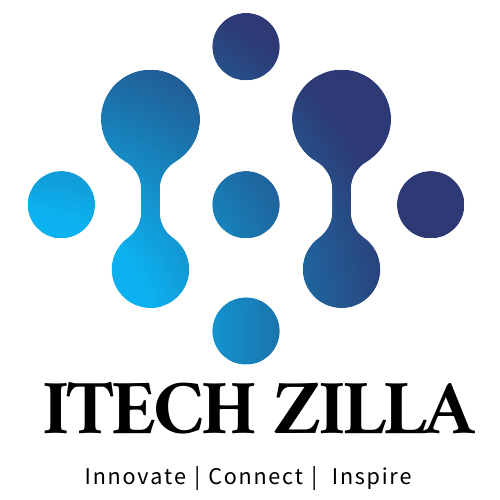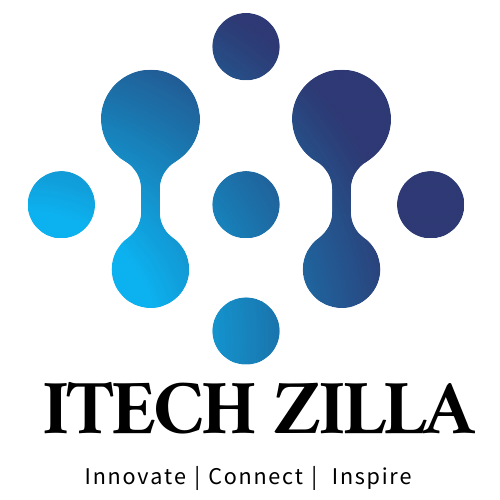Over the past forty years, services offered by health providers such as diagnosis, therapy and disease prevention have been impressed by a revolution in the sphere of genomics. Health professionals practice genomics through understanding genes and their relationships to each other and to the environment. Such developments opened doors to personalized medicine, which is a preserved approach that assists in targeting the treatment to specific patient needs. The transformation of treating professionals into offering more personalized care is influencing the role of nursing practice in the adoption of genomics into patient care. Through the use of genomic information, nurses are in a position to assist with targeted treatment, risk assessment as well as health promotion and preventive measures that take into consideration the genetic makeup of the patient.
Incorporating the use of genomics into nursing care goes beyond the concept of “one point fits all” as it is enriched with a personalized approach. This involves nursing interventions based on the individual characteristics of patients, including their genetic makeup and health challenges. For instance, genomic risk information can assist nurses in assessing patients’ risk for the development of cancer, diabetes and heart diseases. With this knowledge, they can assist patients in striving towards the prevention of these diseases through appropriate behavioural modification, lymph. Screening tests, and vaccination procedures in the future. Such an advancement in nursing, whereby nurses can tailor therapy proactively to the genetic composition of the patient, is revolutionary.
Nurses have been impacted by the integration of genomics into personalized nursing care within the arena of oncology. Assortment of genetic tested mutations are some of the genetic variants that cause certain types of cancers, for instance breast and ovarian cancer can be developed from mutations in the BRCA1 and BRCA2 genes. The identification of such mutations will aid nurses in formulating strategies with other medical professionals to devise individualized treatment approaches that may include targeted therapies that are developed to attack specific mutant cancer cells. Nurses are also vital educators of patients and their families regarding genetic tests, the outcome of the tests, and the future perspectives in regards to treatment and family planning.
Pharmacogenomics is another branch of genetics in which the patient’s genomic information is used to understand his or her response to medications. Today, nurses and fellow practitoiners are in a position to make the most appropriate prescription including frequency and strength of the medication to avoid adverse drug reactions based on patient’s genetic profile. Therefore, specific genetic factors can be held responsible for different metabolic pathways of conventional anticoagulation drugs like Coumadin which is an anticoagulant for thromboembolism. Pharmacogenomics will help nurses a lot as they will be able to adjust the doses to the genetic makeup of the patients thereby enhancing safety and good treatment outcomes.
Still, in as much as genomics holds great promise for tailored nursing care, its applicability into the routine nursing practice is met with some obstacles. That some nurses would be willing to embrace genomics but may not be well prepared for its implementation; e.g. interpret the genomic data or even explain complicated genetic concepts to their patients. This, in turn, points to the need for nursing education programs covering genomics among other vital subject areas. However, bsn online programs are available for nurses that can help them understand genomics principles, adopt a genomic approach in practice, as well as communicate genetic information to patients.
As in other specialties, ethical challenges also arise in genomics-based nursing care in relation to patients. These include issues of confidentiality, of the possibility of genetic discrimination and the psychosocial impact of genetic information. In these cases, however, nurses have to emphasize the patients’ will, seek their informed consent, and assist in the genetic testing and related practices where necessary.
In conclusion, genomics as well as genomic nursing opens up new opportunities for the health care system – one that is able to focus on prevention, diagnosis and treatment that is more accurate and timely. These genomic data can also assist nurses in determining the most appropriate and effective interventions for patients, thereby improving health outcomes and the quality of care. Nonetheless, with the advancement of the nursing profession into the field of genomics, the relevant education within this scope is also urgent.

